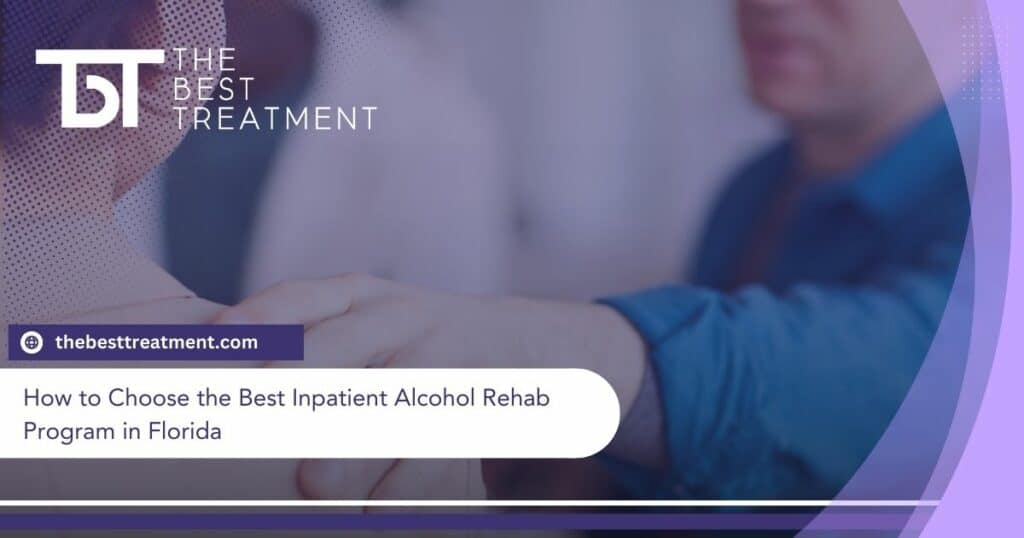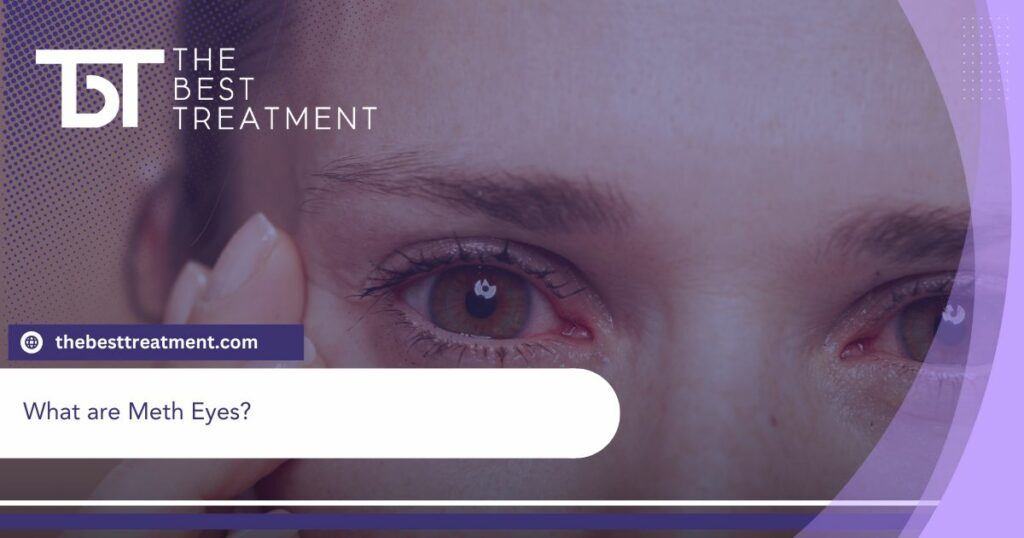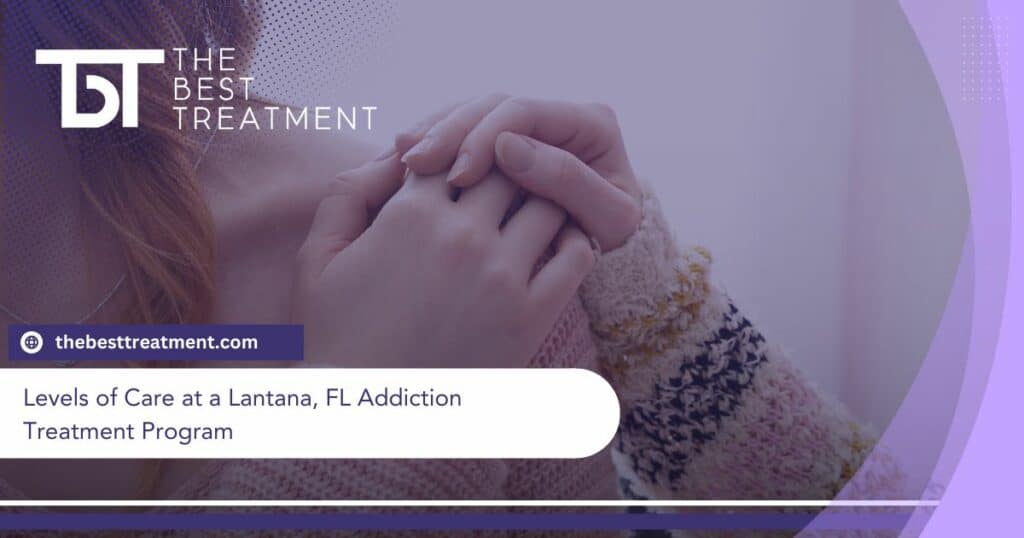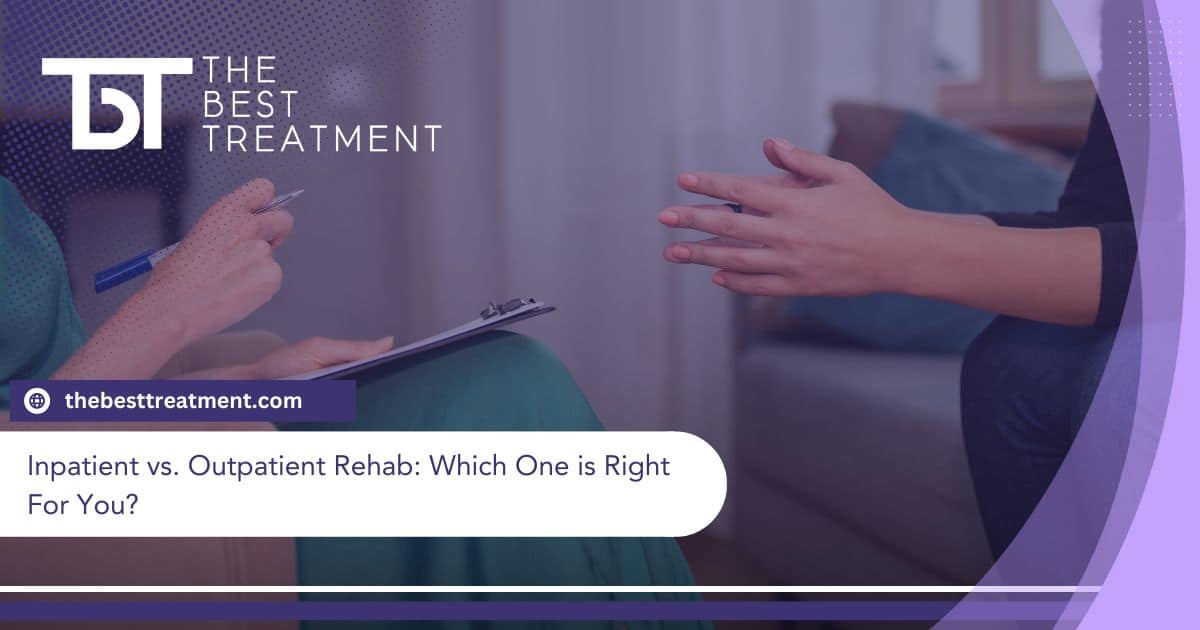Table of Contents
Living with a substance use disorder can harm your health, relationships, and other parts of your life. People with addiction may live with physical, emotional, and social consequences of substance abuse.
People with addiction do not choose to abuse drugs and alcohol. These addictive substances can change how a person’s body works. These changes make it very difficult to stop using drugs and alcohol when they choose.
People living with addiction need effective, comprehensive treatment and support. If you or someone you love lives with addiction, you must get help. Receiving treatment can mean getting a fresh start in life. Treatment will help you safely stop using drugs and avoid relapse.
Addiction treatment is not a one-size-fits-all process. Each person has their own experiences, needs, and goals during recovery.
Addiction treatment facilities may offer several levels of care to meet people’s different needs. There are two main levels of care: inpatient or outpatient.
This guide will detail the difference between inpatient and outpatient rehab. You will learn what happens in both types of treatment and how to tell which one is right for you.
Reach out to The Best Treatment specialists to learn about our inpatient and outpatient treatment programs. You may also verify your insurance or schedule an intake evaluation.
Inpatient and Outpatient Care: An Overview
All addiction treatment programs have the same goal: to help people stop using drugs and alcohol. However, people have different needs during treatment. Treatment programs must provide specialized treatment for every person.
People must first choose between inpatient and outpatient treatment. Here is an overview of what to expect from both levels of care.
Inpatient rehab
Inpatient rehab programs are also called residential rehab programs. Inpatient and residential programs are the most intensive level of treatment. People live in an inpatient rehab facility while receiving round-the-clock care and supervision.
Patients in an inpatient rehab program receive intensive treatment. Inpatient rehab programs include:
- Medical detox services, including medications to reduce withdrawal symptoms
- Individual counseling
- Behavioral therapies
- Treatment for mental health conditions
- Relapse prevention education
- Family counseling
- Medications
- Medical care
- Nutrition support, mindfulness, yoga, exercise, and other holistic therapies
Inpatient rehab may be best for people with severe addiction. People with co-occurring mental health conditions may also benefit from the continuous care of inpatient rehab.
Many people begin recovery in an inpatient treatment program. When they are stable, they may move into an outpatient rehab program.
Outpatient rehab
Outpatient rehab programs allow people to get high-quality, effective treatment while living at home. People in outpatient rehab programs may be able to continue working, attending school, or caring for family members.
There are several levels of outpatient rehab. Here are some of the most common levels of outpatient treatment.
Partial hospitalization programming (PHP)
Partial hospitalization programs are the most intensive level of outpatient rehab. Patients in a PHP typically attend treatment sessions every weekday. People may attend treatment for up to 30 hours per week in a PHP.
People in a partial hospitalization program may be unable to work or attend school because of the rigorous treatment schedule. A PHP may be a good fit for people who need intensive treatment but do not require inpatient admission.
Intensive outpatient programs (IOP)
Intensive outpatient programs offer a high level of treatment but are more flexible than a PHP. Patients in an IOP typically attend treatment sessions three to five days per week. Sessions may last several hours.
Outpatient detox and rehab programs
People who do not need intensive treatment or round-the-clock supervision may benefit from outpatient detox and treatment programs.
Outpatient rehab programs offer a great deal of flexibility. People may attend treatment once or twice a week. Many treatment facilities offer evening outpatient programs. Attending evening sessions lets people get treatment while balancing a busy schedule of work, school, and family.
Inpatient or Outpatient Rehab: Which is Right For Me?
People have different needs during detox and recovery. The level of care you need depends on several factors, including:
- The severity of your addiction
- Your mental and physical health
- Your support in the community
Before beginning any treatment program, a doctor or addiction specialist will evaluate your needs. This evaluation will include:
- Questions about your current substance use
- Family history of substance abuse
- A physical and mental health history
- Lab testing
- A physical exam
This information will help your treatment team recommend the right level of care.
Generally, people who have severe addictions or who are experiencing intense withdrawal symptoms may require inpatient rehab. After completing inpatient rehab, many people continue to receive care in an outpatient rehab program.
Find out if Inpatient or Outpatient Rehab is the Right Choice for You
Contact The Best Treatment team to learn more about the difference between inpatient and outpatient rehab. You may also ask questions, verify your insurance, or set up an intake evaluation.
Medically Reviewed: September 25, 2019

All of the information on this page has been reviewed and verified by a certified addiction professional.










